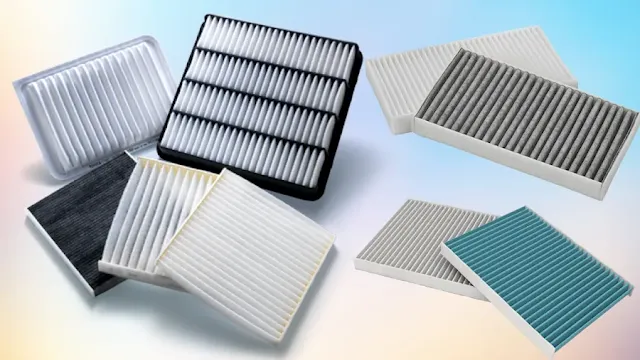Cabin air filters are essential components in maintaining the air quality inside your vehicle. They filter out dust, pollen, and other pollutants from the air entering your car’s cabin. However, many car owners wonder about the shelf life of these filters, especially when buying in bulk or finding old stock at a discount. Here’s what you need to know about the shelf life and longevity of different types of cabin air filters.
Cabin air filters, whether they are standard or activated charcoal carbon filters, do not have a specific expiration date. As long as they are kept in a dry, sealed package and stored in a cool, dark place, cabin air filters can remain effective for many years. The key factor is that they are not exposed to moisture or extreme temperatures which can degrade the materials and reduce their effectiveness.
Shelf Life of Charcoal Carbon Cabin Filters
Charcoal carbon cabin filters are used not only to filter out particles but also to neutralize odors and harmful gases thanks to the activated carbon. Like standard filters, these do not expire if stored properly. However, if the packaging is compromised and the filter is exposed to air, the activated carbon can begin to absorb impurities, potentially reducing its effectiveness when finally used in a vehicle.
How Long Do Unused Air Filters Last?
If stored under ideal conditions—dry, cool, and sealed—an unused air filter can last indefinitely. The materials used in air filters, such as paper, foam, or fabric, do not degrade unless exposed to detrimental conditions. It's always a good idea to inspect the filter for any signs of damage or deterioration if it has been stored for an extended period before installation.
How Long Do Cheap Air Filters Last?
The longevity of a cabin air filter in use depends more on the environment and usage rather than the price. Cheap air filters might not be as robust or efficient as their more expensive counterparts, but in a clean, less polluted environment, they could still last the typical service interval of approximately one year or 12,000 to 15,000 miles. However, in more polluted or dusty areas, even high-quality filters might need more frequent changes.
Cabin air filters do not have a fixed shelf life and can last indefinitely if stored properly, regardless of whether they are standard or charcoal carbon types. When purchasing cabin air filters, it is essential to consider the storage conditions and packaging integrity to ensure you're installing a fully effective filter in your vehicle. Regularly check and replace your cabin air filters as needed to maintain air quality and protect your car’s HVAC system.







